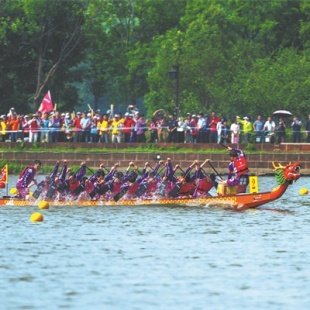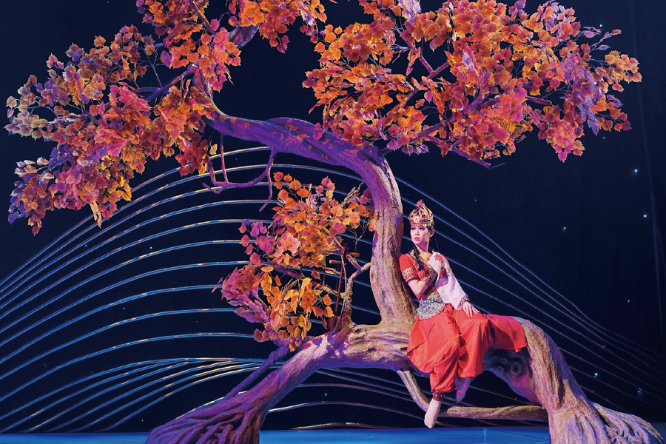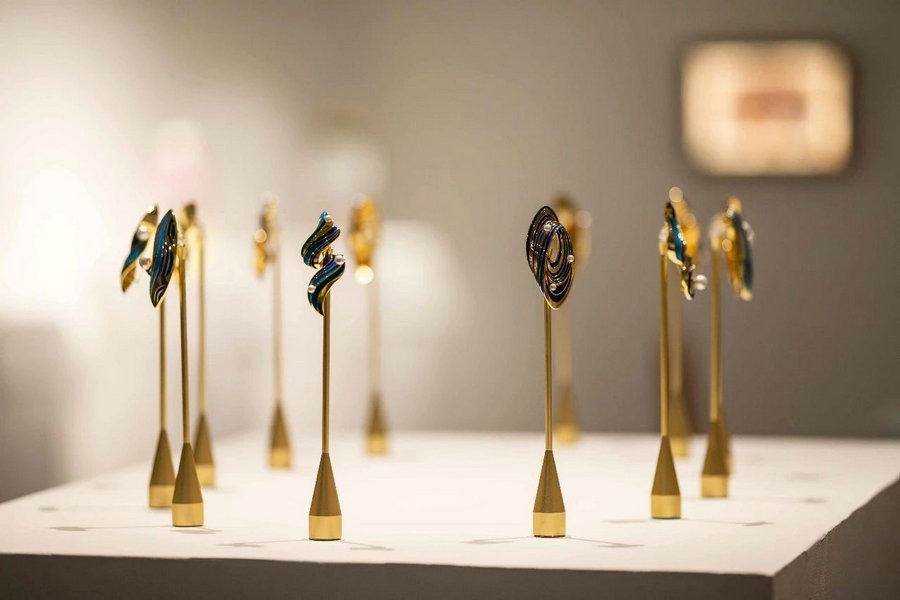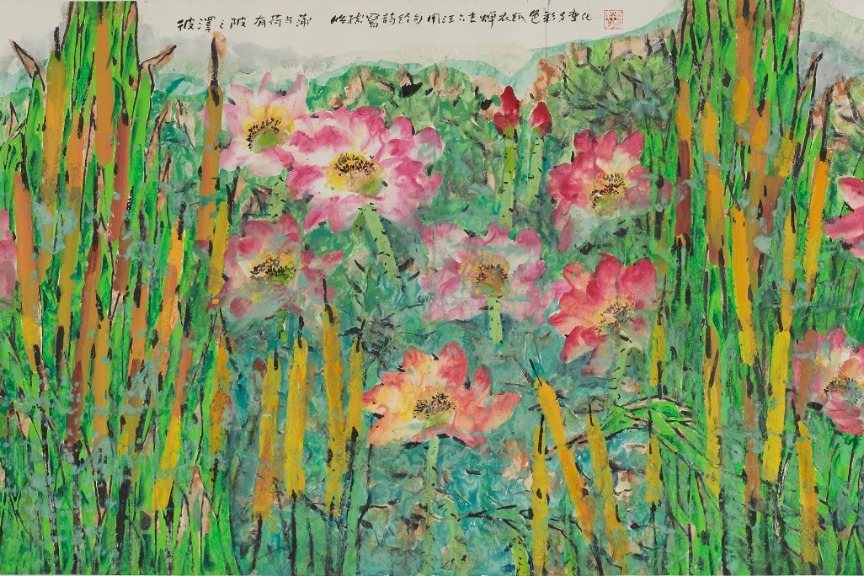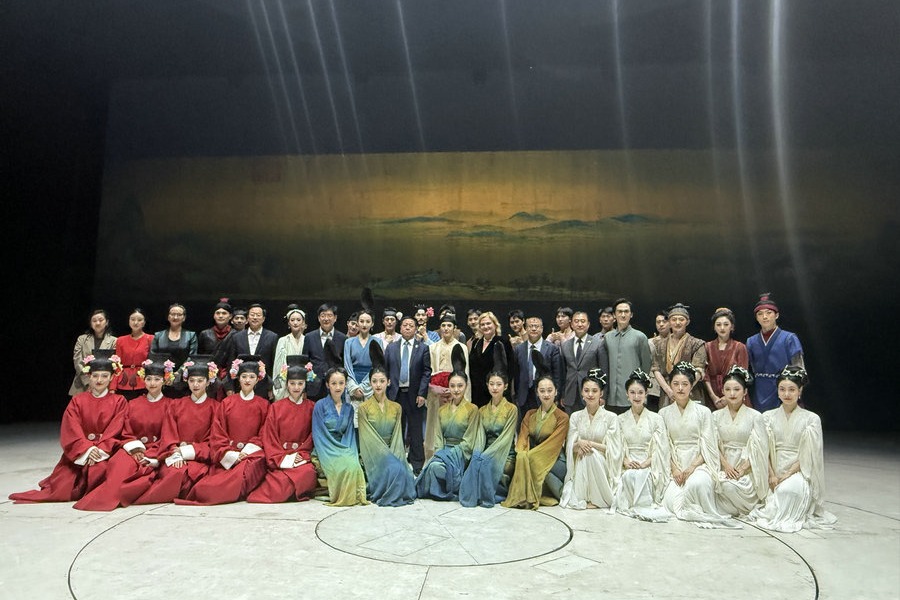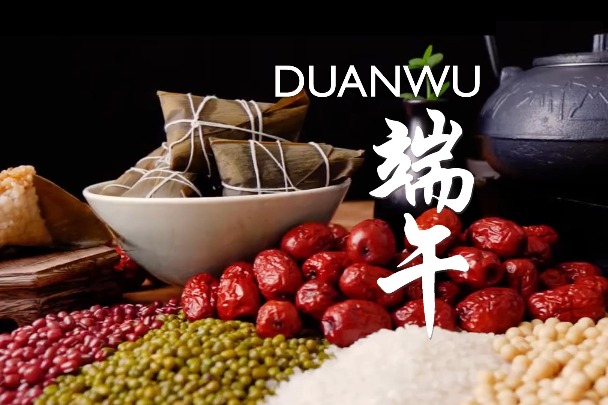How a traditional festival became China's cultural bridge
In Hubei's Dabie Mountains, ancient dragon boat traditions forge new bonds between generations

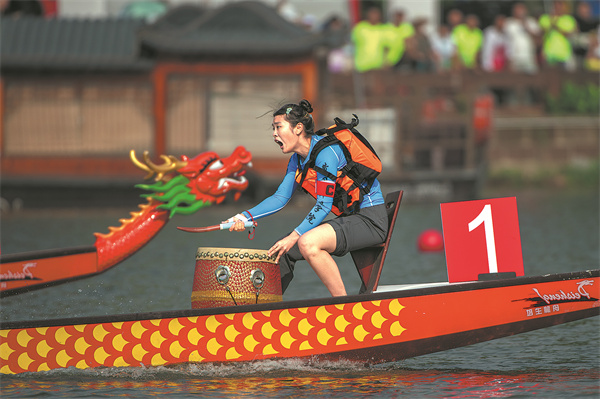
This traceability of the ingredient serves two purposes. For buyers, it certifies the provenience of the zongzi, and for villagers, it helps explain the ancestral knowledge behind the delicacy.
"My grandmother measured ingredients by fistfuls," said Zhou Aihua, her hands instinctively forming a measuring cup shape. "Now machines weigh ingredients to the gram — but the memory of what they should taste like stays with us."
The workshop's industrial steamers coexist with bamboo baskets dating to the 1920s, their patina preserved under glass displays.
Through collaborations with Wuhan's Huazhong Agricultural University, the township has developed a "heritage genome" database cataloging local ingredients.
"Soon, tourists can scan zongzi wrappers to watch the pork's production story," said Liu Lu, general manager of the Hubei Nonghe Culture and Tourism Development Co.
Hubei is known as "China's sweet persimmon capital", and the development company also serves desserts blending black goat cheese from Dabie Mountains with persimmon jam.
"Every bite contains centuries," Liu said, referencing 600-year-old persimmon trees.


